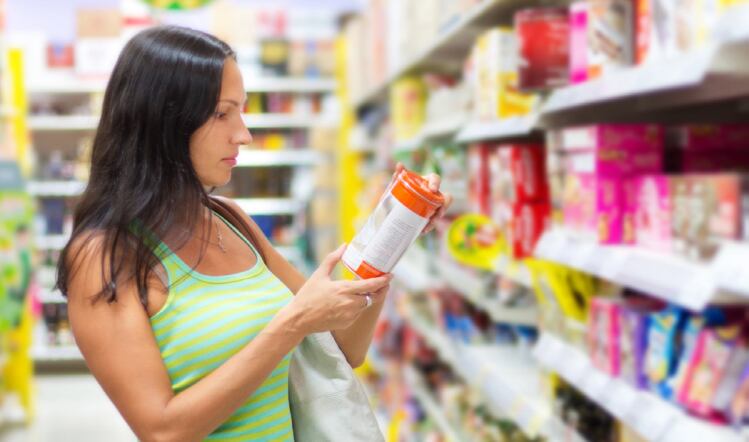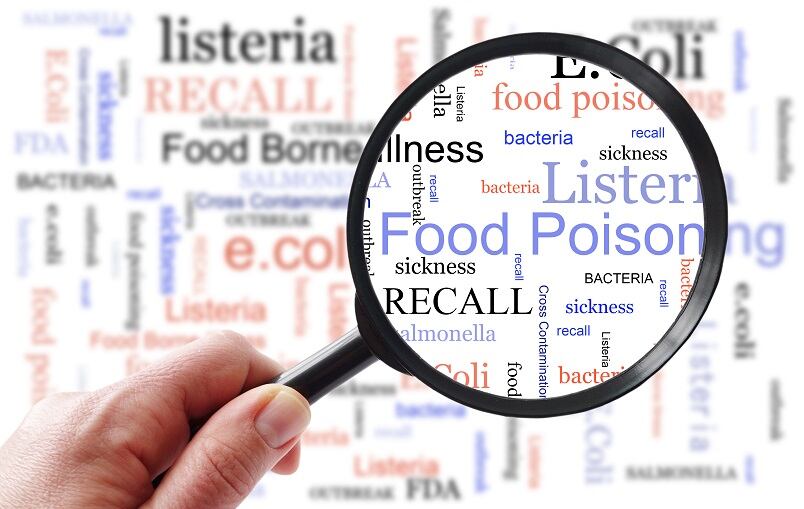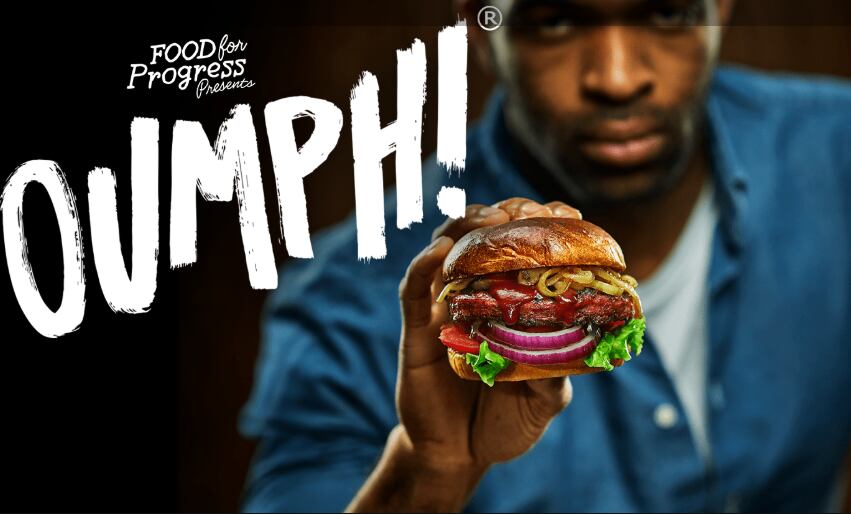He was speaking during the Food Manufacture webinar Product recalls: prevention and cost management, which was sponsored by Columbus Global and aired live on 17 March.
His analysis of the EU Rapid Alert System for Food and Feed (RASFFs) identified 15,764 food alerts across a period of just over five years between January 2015 and March 2020 with varied causes.
“Allergens is the main one but it is not by far the principle labelling reason, which you might expect,” he said. “Close behind it are expiry dates and the language as well.”
EU regulations
EU Food Information to Consumers Regulation 1169/2011 requires labelling to be in a language easily under-stood by the consumers of the member states in which a product is marketed.
These top three reasons were followed by traceability, mandatory warnings, additive issues and instructions for use. No food categories had “stand out” labelling issues.
However, fish and fish products and meat and meat products excluding poultry were princi- pally impacted by expiry date and health mark problems.
In the same webinar, Sterling Crew, Shield Safety Group strategic adviser and food safety consultant, noted recalls were rare, but said: “The critical thing is they have got to be carried out quickly and effectively if you are going to reduce any reputational risk and damage to the brand.”
Biggest cost
The biggest costs in food recalls were incurred because the speed and accuracy of response “sometimes isn’t what it should be”, said Crew. This was why “strong robust systems” and a strong culture were needed. “Don’t wait until you’re in a crisis to create a crisis plan.”
Simon Noakes, small and medium business director at Columbus said food recalls presented an increasing risk to businesses, with the stakes high in terms of impact to business profits and reputation.
He said that increased legislation and penalties, changes in the social landscape combined with more complex supply chains and consumer awareness through social media had led to an increase in product recalls.
“Data is the key to minimising the damage of food product recalls,” he confirmed.




